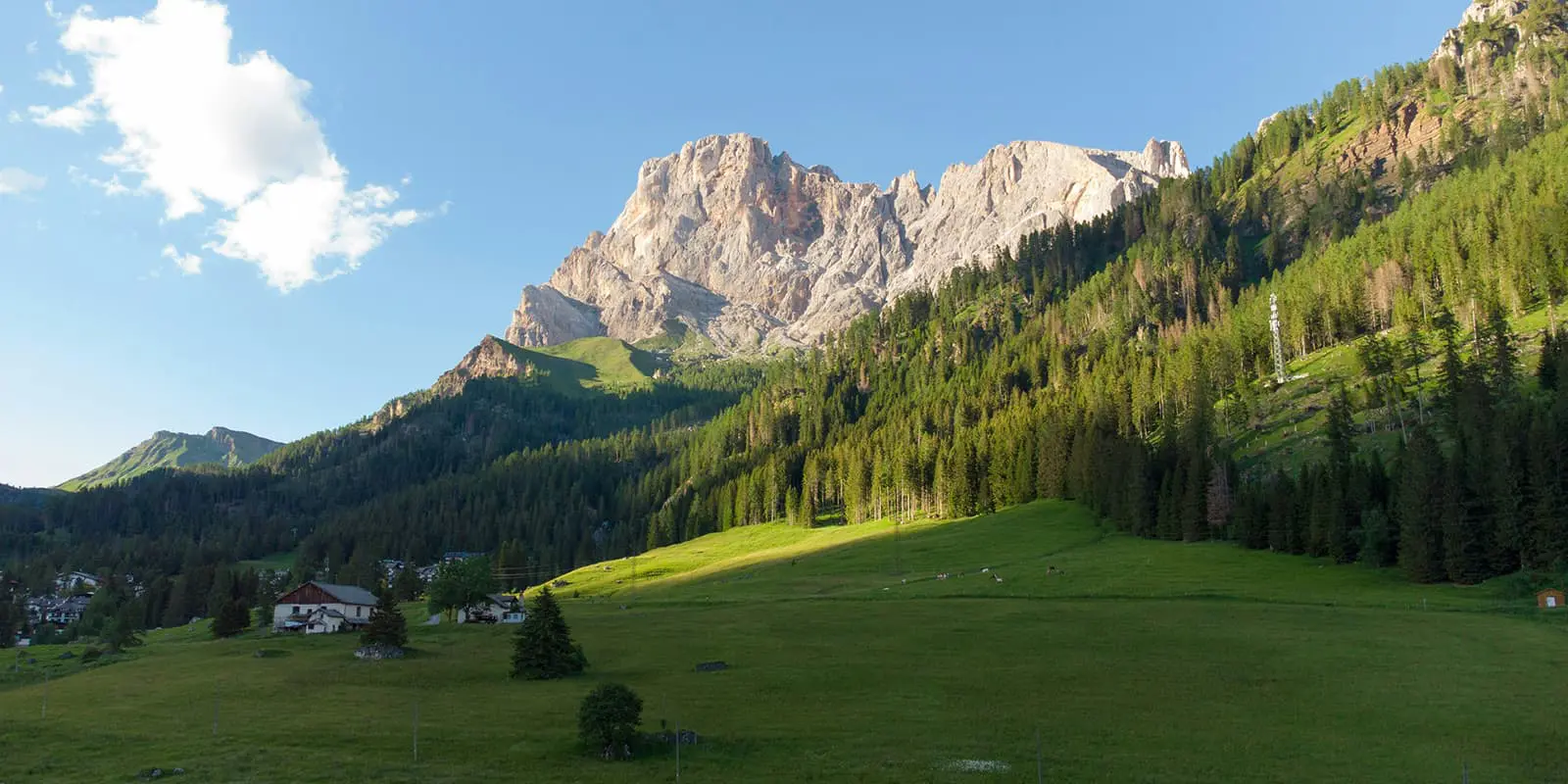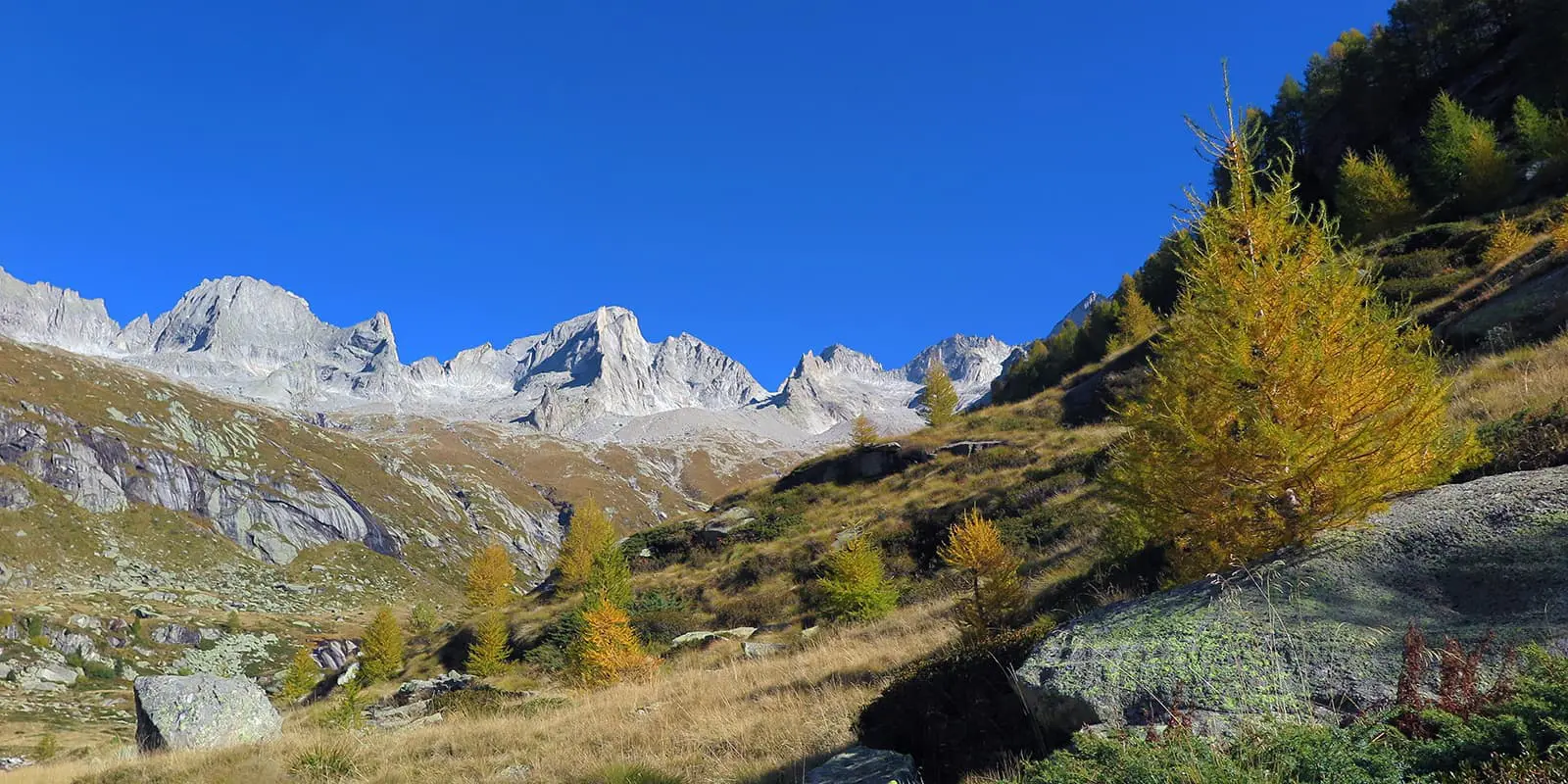The Alta Via Del Granito is a three-day circular hike through the unique granite area of the northern Italian Lagorai chain, part of the Dolomites. The trail connects old paths, former military roads, and two mountain huts. It stretches through a less-traveled but majestic region, which turns it into a real insider hidden gem. This is perfect for a long weekend or mid-week getaway if you are in the region. Keep an eye out for marmots and ibexes in the area!
The Alta Via Del Granito is an easy hiking trail suitable for those who want to explore the Dolomites off the beaten track and away from the crowds. While it is one of the easier trails in the Dolomites, you should always prepare for trails in the mountain range and be of a strong fitness before attempting.













